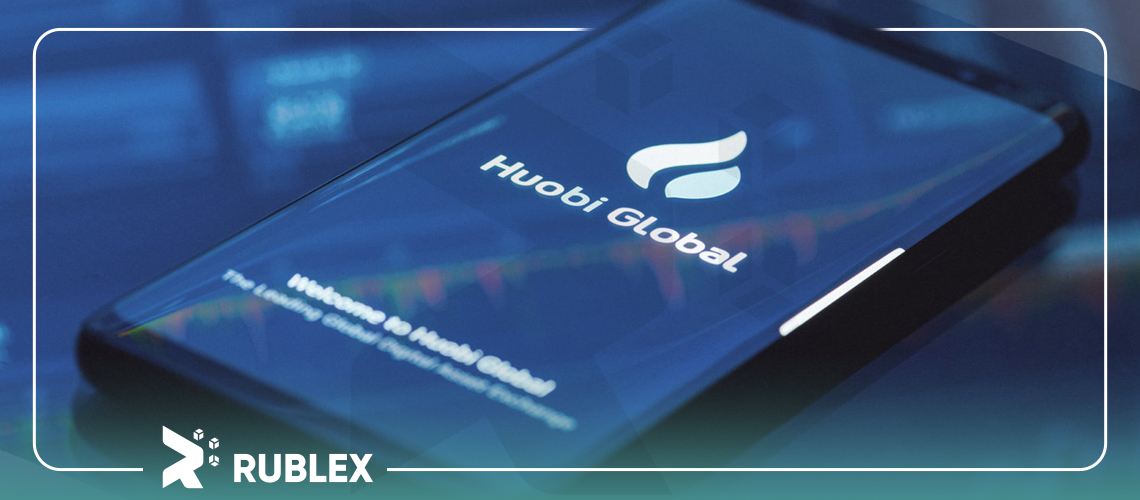Cryptocurrency exchange Huobi has taken a significant step by pledging its support for PayPal’s entry into the digital currency realm through the utilization of its stablecoin, PYUSD. Together with Paxos, PayPal introduced the PayPal USD (PYUSD) stablecoin, which is fully backed by US dollar deposits, short-term Treasuries, and comparable cash equivalents.
In an official announcement on August 8th, Huobi revealed its pioneering role as the first exchange to back PYUSD. It was disclosed that trading would commence with the trading pair PYUSD/USDT, and the exchange would enforce a zero handling fee policy. Huobi has assured its users that trading will initiate as soon as favorable market liquidity and circulation metrics are in sync. The current total supply of PYUSD stands at $26.9 million.
Similar to other well-recognized stablecoins, PYUSD can be readily redeemed for US dollars at any time and can also be exchanged for other cryptocurrencies that PayPal supports. In an additional development, BitMart has unveiled the primary listing of the PYUSD stablecoin. The exchange has seamlessly integrated this stablecoin into a trading pair, specifically PYUSD/USDT, and has initiated the deposit procedure.
Traders can actively participate in trading activities starting from August 8th at 06:00 AM UTC, while withdrawals will become viable from August 8th at 10:00 AM UTC.
The introduction of the PayPal stablecoin, PYUSD, has triggered a division within the cryptocurrency community concerning its security measures. Some members of the community have expressed reservations about the stability and security of the Paxos-issued stablecoin.
Particular concerns have been directed towards the “asset protection” security feature, which allows for the freezing and removal of an individual’s balance. This feature has raised concerns about potential centralization and has been labeled a possible “centralization attack vector.” Critics argue that Paxos holds the authority to freeze or confiscate assets in accor dance with government mandates.
Given these apprehensions, cryptocurrency experts are advising the community to consider investing in Bitcoin and adopting self-custody solutions. They caution against relying on PayPal for fund security, even with Paxos’ involvement.
Furthermore, it’s worth noting that PYUSD is constructed on Solidity v0.4.24, a version of the Solidity programming language that has a reputation for lacking scalability, having weak security, and being susceptible to known vulnerabilities.
In an unfortunate turn of events, fraudulent activities have emerged within less than 24 hours since the stablecoin’s launch. Scammers have taken advantage of the recent introduction of PayPal’s stablecoin, PYUSD, by creating counterfeit tokens and distributing them across various networks. As of now, more than 60 such fraudulent tokens have been identified on platforms such as Ethereum and BNB Chain.
In other relevant developments, Justin Sun, an advisor to Huobi and the founder of TRON, has made an intriguing proposition to PayPal. Sun has extended an invitation to PayPal to consider the possibility of launching PYUSD on the TRON platform. TRON is widely recognized for its attributes of speed, security, and cost-effectiveness. It currently handles a significant daily transaction volume amounting to 12 billion USD. This invitation underscores the potential synergy between PYUSD and TRON’s capabilities.





